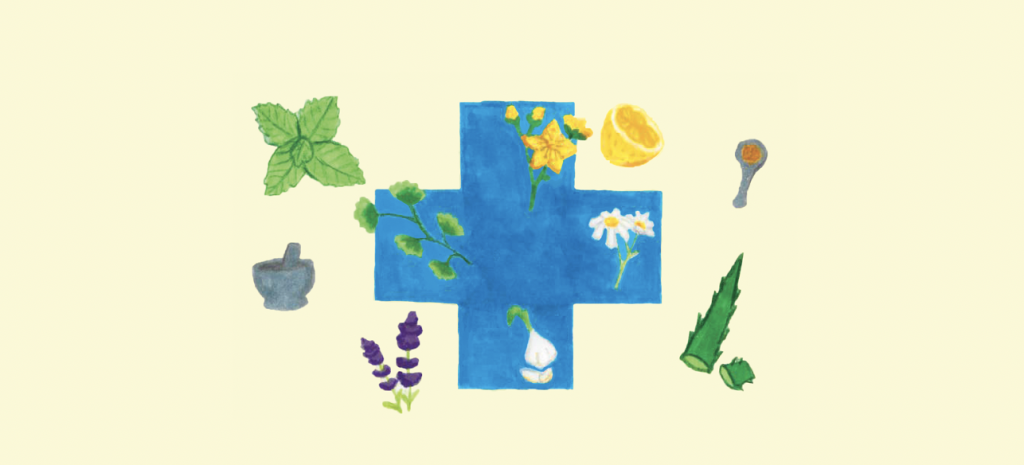Graphic by Olivia Hess
The United States consumes the most over-the-counter (OTC) drugs in the world. According to a study by Express Medical Supply, 58% of Americans take pills regularly each week. Acetaminophen, ibuprofen, fexofenadine, loratadine — the list goes on, and the worst part is that many of them are not needed.
Granted, there are legitimate health problems that require medication, but Lown Institute states that 20% of older Americans take 10 drugs or more. More than $200 million worth of drugs in the U.S. are either useless or over-emphasized, according to Consumer Reports. Bruised your leg? Have a pain-reliever. Homework stressing you out? Swallow this anti-anxiety capsule. Feel an oncoming cold? Chug some flu relief.
Face it: People like taking medication.
However, it’s been reported by WebMD that this intense combination and consumption of medication can actually harm the individual. Among other problems, it can cause permanent damage to your organs and emotional stability. Some may develop tolerances to the medications, which means the positive effects wear off after a few hours. Besides, it’s a pain to keep track of meds, especially if they don’t seem to be working.
The worst part is when you get the freshman flu and no one on campus will give you a doctor’s note. You’re stuck in bed, your class attendance has tanked and walking to the ROT is pretty much impossible. Enjoy your saltines, a pounding headache, and more OTC meds than you care to name because by golly, you have to get to ENGL 101 at 8:15 a.m.
There must be another answer, and thankfully, there is. This excellent solution is called supporting your immune system. Many people’s health problems (especially college students) stem from not taking proper care of their bodies. You need sleep. You need to take a brain-break. You need nutritious food.
Apart from taking proper care of your body, essential oils, vitamins, herbal teas and a change in diet are great places to start your recovery — or prevent getting sick in the first place. Obviously, if you break your arm, chamomile tea is not going to help you, and sometimes, you really do need to go to urgent care (because they will give you a doctor’s note). However, we can do a bit less pill-popping and focus on our overall health, not just trying to crush the symptoms with our collection of bottles.
Taking daily vitamins will keep your body healthy. Statistically, women need more B6, B9 and B12. Men require more vitamin D and calcium. There are also “combination” vitamins to act as daily supplements available at most supermarkets and pharmacies, as noted by the National Institute of Health.
Herbal teas are on the list of “one-size-fits-all.” Have a stomachache? Turmeric tea should be your first priority. Feel a sore throat coming? Thyme tea will act as a natural antibacterial. Your friend in RLGN 105 coughed in your face? Lemon tea will raise the levels of your immune system. Really, you can’t go wrong. Verywell Health notes the benefits of a plethora of teas, such as these.
Diet is probably the easiest way to combat illness. Drink lots of water. The more fluids you have in your body, the better off you’ll be. Eating more fruits and vegetables will benefit you, too. Anything citrus related, such as oranges, lemons and limes, will help your immune system combat illness and recover from it faster. Bananas reduce muscle cramps. Broccoli and kale are full of vitamins like A, C and K.
The possibilities are endless. So, before you decide to drown yourself in a bunch of OTC meds, reconsider: Is there a better way to strengthen your body? What lifestyle changes can you make to accommodate your life?
Johnson is an opinion writer for the Liberty Champion
